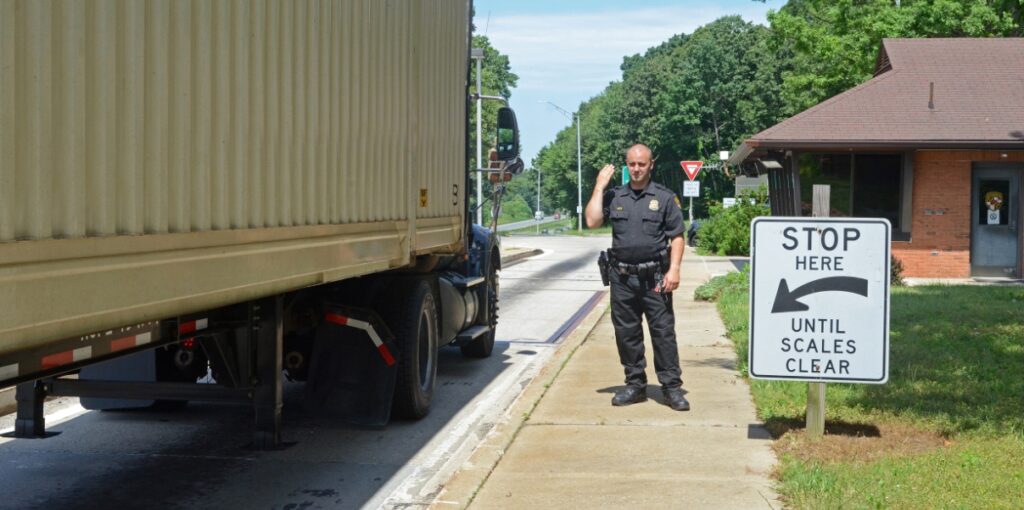
Last month, in our blog post CSA Scores Gone. Now What?, we asked brokers what they thought of CSA scores being removed from public view. We received some very insightful comments that I’d like to share with you.
If you haven’t been following the news, the highway funding bill that took effect Dec. 4 directed the FMCSA to remove CSA scores from public view. It required the agency to keep scores hidden until a report is completed and recommendations are made for improvement. While brokers and the public can still access limited CSA data—such as inspection and crash data—carriers’ scores in the 7 BASIC categories (shown above) can no longer be seen.

DAT helps you monitor your carriers
DAT’s carrier monitoring service, DAT CarrierWatch®, recently added a link that allows users to see publicly-available CSA data on any carrier. CarrierWatch also provides information on a carrier’s DOT authority, safety rating, and insurance coverage—including the ability to print or save copies of the carrier’s actual insurance certificates. Learn more.
What Brokers Think
“Our company relied on CSA data to select a carrier to move our loads. We had the ability of making an intelligent choice, based upon the safety data available to us,” wrote Kathy Harris in the comments section of the blog post. “Without it, it is like we are choosing carriers while blindfolded.” Harris said that if she had two carriers interested in a load, she would always choose the one with better CSA scores.
A broker who identified himself as M.C. commented, “It is imperative that brokers have as much public information on a carrier as possible. How much we pay for a trucker’s services seems to go hand in hand with their safety and insurance coverage record.”
Other brokers who responded to the blog post were glad CSA scores are gone for now.
“I support removal due to the inaccuracies in weighing the score factors,” wrote Tom.
What Carriers Think
Carriers who commented were generally in favor of taking down the scores.
“I think it is great the scores were removed because it does not reflect how the carrier does its job,” said Christy (presumably a carrier). She writes, “Having to take points because someone hits you or other things that were out of your hands was never fair and a horrible way of keeping track of safety!”
But some carriers were not so happy about scores going away.
“This was always my selling point. Our scores are excellent and always have been. Now these fly by night carriers can run illegal with cheap equipment and drive our rates down,” said Vince C.
Will it hurt new carriers?
Aaron, who works for a 3PL, commented that the lack of CSA scores will hurt small carriers the most.
“It will hurt unknown carriers right away,” Aaron said. “As a large 3PL we will now rely on carriers that we already have a relationship with, rather than branch out to an unknown. We can’t afford the exposure to do otherwise. It will make the known bigger carriers bigger, as they will be trusted.”
TIA’s position
For years, the Transportation Intermediaries Association, a trade organization for freight brokers, remained neutral regarding CSA scores. However, last April the group’s board of directors voted to officially oppose the publicly-available CSA scores.
According to Chris Burroughs, Senior Government Affairs Manager at TIA, the turning point came when the Commercial Vehicle Safety Alliance came out against the scores. He said the group found zero correlation between CSA scores and a carrier’s future crash risk.
“No one likes CSA scores—especially when they’re used in lawsuits against our members—but now some of our members are concerned about being in the dark,” he said. “It removes one dark cloud, with the data no longer at the fingertips of attorneys, but we’ll have to wait and see how it plays out in the courts.”


